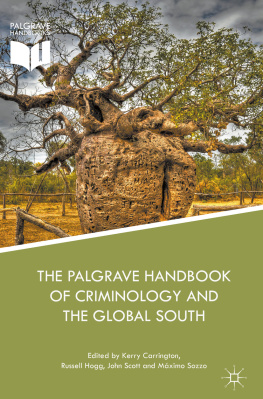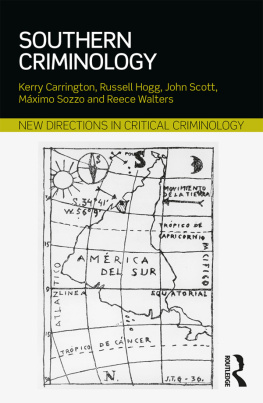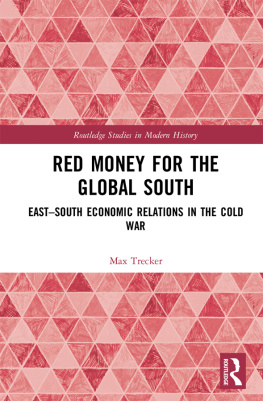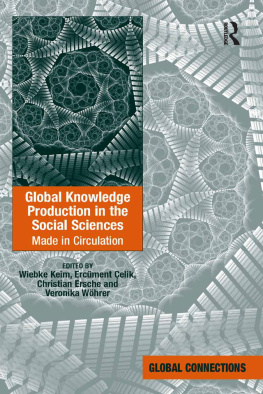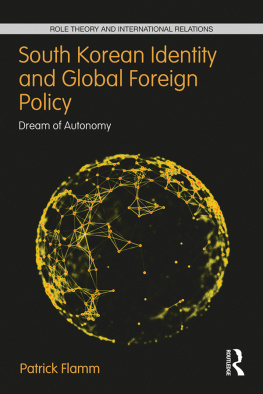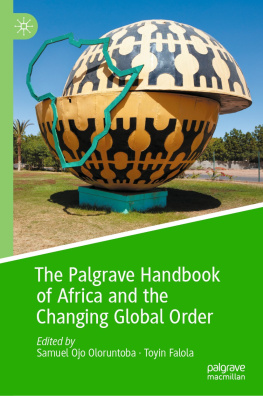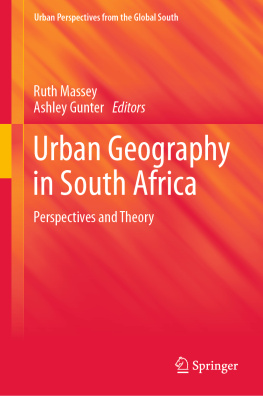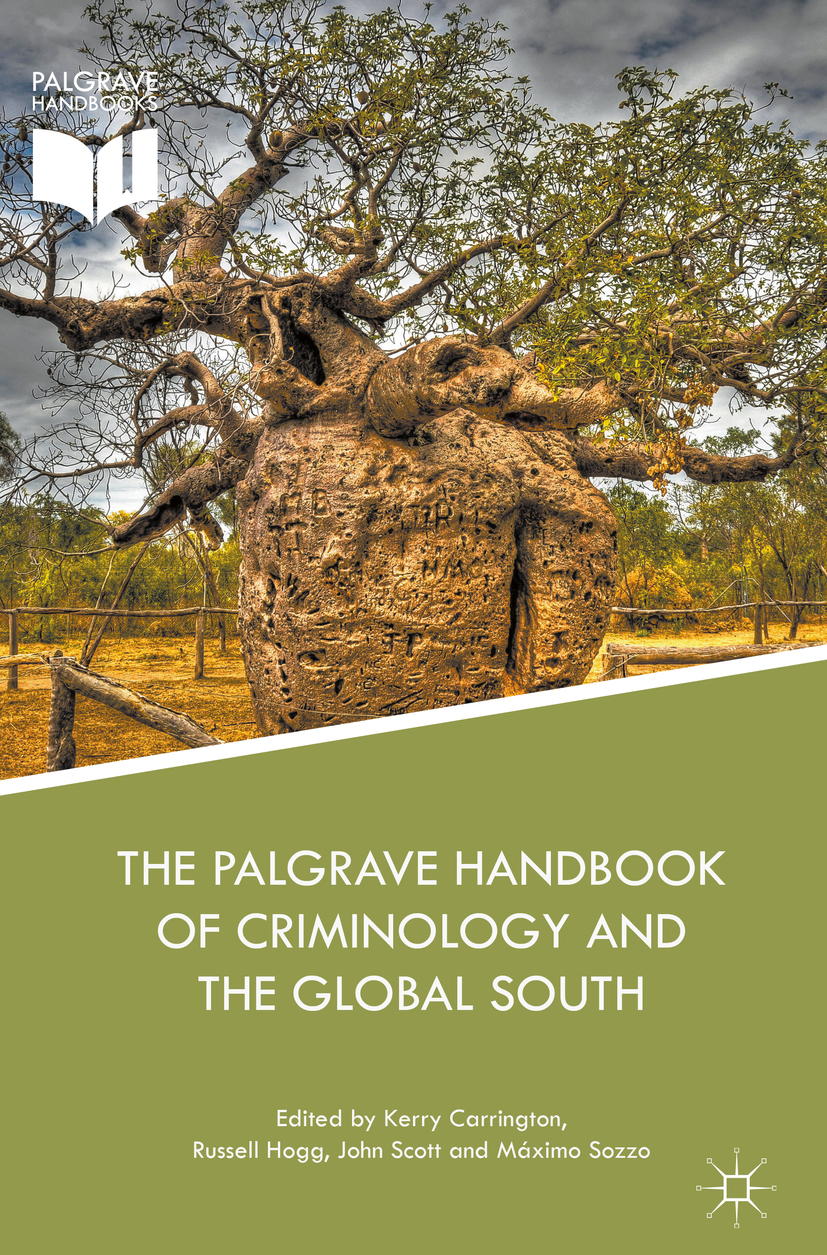Editors
Kerry Carrington
Queensland University of Technology, Brisbane, QLD, Australia
Russell Hogg
Queensland University of Technology, Brisbane, QLD, Australia
John Scott
Queensland University of Technology, Brisbane, QLD, Australia
Mximo Sozzo
National University of Litoral Santa Fe, Santa Fe, Argentina
ISBN 978-3-319-65020-3 e-ISBN 978-3-319-65021-0
https://doi.org/10.1007/978-3-319-65021-0
Library of Congress Control Number: 2017964484
The Editor(s) (if applicable) and The Author(s) 2018
This work is subject to copyright. All rights are reserved by the Publisher, whether the whole or part of the material is concerned, specifically the rights of translation, reprinting, reuse of illustrations, recitation, broadcasting, reproduction on microfilms or in any other physical way, and transmission or information storage and retrieval, electronic adaptation, computer software, or by similar or dissimilar methodology now known or hereafter developed.
The use of general descriptive names, registered names, trademarks, service marks, etc. in this publication does not imply, even in the absence of a specific statement, that such names are exempt from the relevant protective laws and regulations and therefore free for general use.
The publisher, the authors and the editors are safe to assume that the advice and information in this book are believed to be true and accurate at the date of publication. Neither the publisher nor the authors or the editors give a warranty, express or implied, with respect to the material contained herein or for any errors or omissions that may have been made. The publisher remains neutral with regard to jurisdictional claims in published maps and institutional affiliations.
Cover illustration: John Miner / Alamy Stock Photo
This Palgrave Macmillan imprint is published by Springer Nature
The registered company is Springer International Publishing AG
The registered company address is: Gewerbestrasse 11, 6330 Cham, Switzerland
Foreword
This Handbook embodies for criminology a revolutionary change that is influencing and challenging all the social sciences.
It is a well-known fact that in the research-based knowledge system, the dominant place is occupied by the global North. The elite universities and research institutes of Western Europe and the USA sit at the top of global league tables, publish or edit the most prestigious journals, produce the most widely influential theories, and set the paradigms of method across the natural and social sciences and the humanities.
By contrast, the great majority of the worlds population live in regions that are somehow marginalized in the worlds main system of knowledge. Other forms of knowledge, especially those developed in the societies of the global periphery, are marginalized in academic life or disrespected as traditional, superstitious or unscientific.
This dramatic imbalance, which has a long and complex history, is now under critique from several directions. The worldwide movement of indigenous peoples to recover dignity and power includes a re-valuing of indigenous knowledges, including their empirical content. Movements for change in postcolonial Africa have asserted the importance of Afro-centric knowledge. The decolonial school, reflecting on the experience of central and south America, has argued that modernity has been constructed on the basis of colonialism and embeds racial and cultural hierarchy at a deep level. Other authors have shown the significance of Islamic science, Asian discourses or Southern perspectives more generally, for the social sciences.
From these debates, and from research on intellectual workers and their patterns of communication, a new picture has emerged of the dominant knowledge formation itself.
The colonized and postcolonial world is not irrelevant to this knowledge system. Indeed it is essential, but it has been assigned a specific role in a worldwide division of labour going back to colonial times. This role is to be a vast data mine, a source of raw information. Data about colonized societies and cultures have been collected and streamed to the imperial centre by many generations of colonists, missionaries, travellers, military officers, civil officials and researchers. In the imperial centre, these data were accumulated in libraries, archives and museums, and formed an important basis for the social sciences as these developed in the nineteenth and twentieth centuries.
In this division of labour, the institutions of the metropole, the global North, also have a specific role. It is to assemble information from the periphery, combine it with local information, and process it. The metropole is the principal site of theory, methodology, and the development of applied sciences. Completing the circuit, knowledge in packaged form is then exported back to the periphery, to become the basis of professional practices, state policies and higher education curricula around the world.
This global structure has survived into the knowledge economy of the post-colonial world. We see it in the hierarchies of university league tables, citation patterns and funding mechanisms. We see it in the everyday patterns of intellectual life. Researchers in the periphery must orient themselves to the authority of the metropole: learn the methods, use the concepts and seek recognition there. It is most prestigious to have a degree from an elite university in the USA or Western Europe, to be published in elite journals in the metropole, to be accepted into the invisible colleges there. Researchers in the metropole, by contrast, are under no obligation to study intellectual work from the periphery; there is a deep asymmetry in this system.
Once we understand the main structure of this economy of knowledge, we begin to see its damaging effects. Social science concepts, methods and patterns of explanation have largely been constructed out of the social experience of the metropole (including its role as imperial centre). Obliged to read all social experience through such lenses, the social sciences give a deeply distorted account of the societies of the peripherymarginalizing, or simply forgetting, the dynamics of colonization and its construction of racial hierarchies.
Once we recognize those problems, we need research and theorizing of the kind gathered in this Handbook . This is work that prioritizes the experience of colonized and postcolonial societies, and values the intellectual work done in the periphery. It does not abandon ideas and methods developed in the global North, but sets them in a different logic of knowledge-making. It calls their universality into question and combines them with very different agendas and perspectives. Once this process is set in motion, a vast terrain opens up.
This Handbook shows quite dramatically the range of issues, and the wealth of resources, that are opened. We have chapters here that offer new perspectives on gender-based violence and patriarchal gender relations, environmental issues, corruption, and trafficking in humans. We have accounts of genocide and femicide. We have discussions from new perspectives of policing, incarcerationquestioning recent Northern accounts that have become almost an orthodoxyand crime control policies. Deeper in the background for criminology, we have new perspectives on migration, recent economic change and the ambiguous role of the state.

